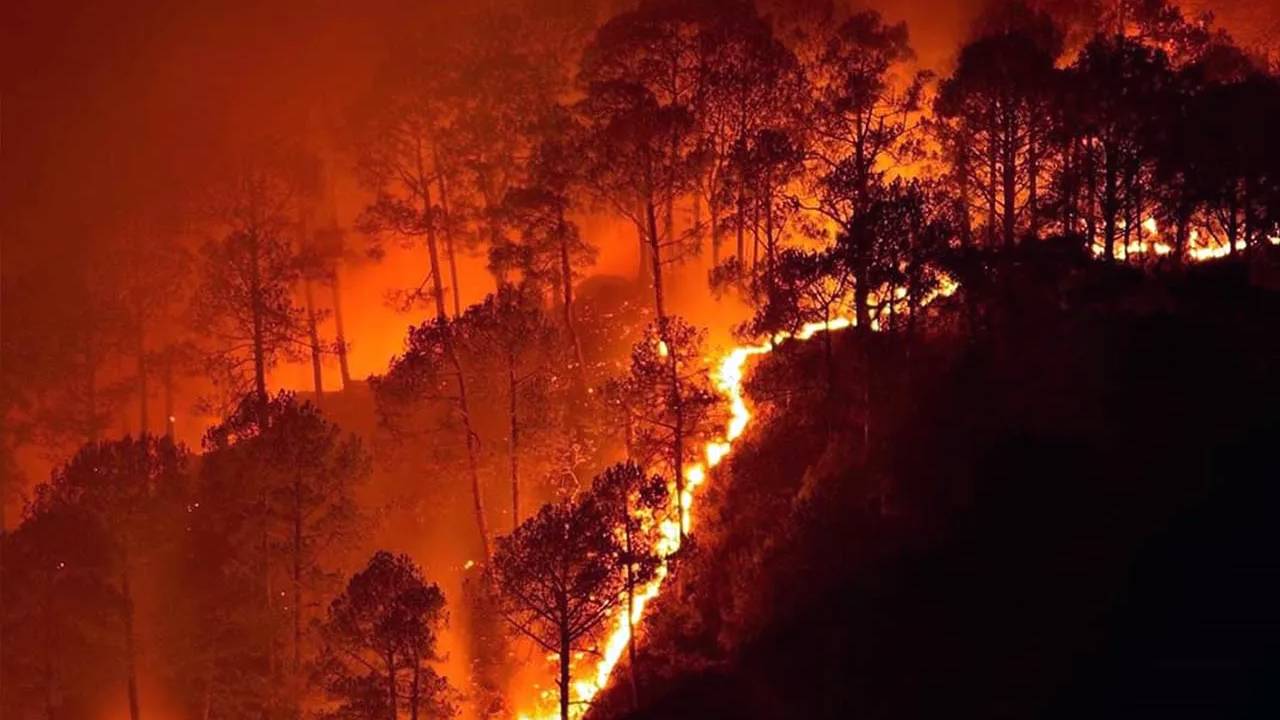Developing and emerging countries would need investments beyond $2 trillion annually by 2030 if the world is to stop the global warming juggernaut and cope with its impacts. According to a UN-backed report released today at Cop27 said, a trillion dollars for this fight by the developing nations should come from rich countries, investors and multilateral development banks,
The analysis commissioned by Britain and Egypt, hosts respectively of the 2021 UN climate summit in Glasgow and this week’s COP27 event in Sharm el-Sheikh, however, kept China out of this list. The report, released ahead of talks on climate change finance which would start tomorrow at the COP27 summit in Egypt, said the funding was required to cut emissions, boost resilience, deal with damage from climate change and restore nature and land.
“The world needs a breakthrough and a new roadmap on climate finance that can mobilize the $1 trillion in external finance that will be needed by 2030 for emerging markets and developing countries other than China,” said the report, while adding that the total annual investment requirement of developing countries would hit $2.4 trillion by 2030, with half coming from external financing and the rest from public and private sources in those countries. Current investment stands at around $500 million, it said.
The new 100-page analysis, Finance for Climate Action, is an investment blueprint for greening the global economy quickly enough to meet Paris climate treaty goals of capping the rise in global temperatures below two degrees Celsius, and at 1.5 degree C if possible.
Lead writer of the report, leads, economist Nicholas Stern said, “Rich countries should recognize that it is in their vital self-interest—as well as a matter of justice given the severe impacts caused by their high levels of current and past emissions—to invest in climate action in emerging market and developing countries”. He had also authored a landmark report on the economics of climate change.
The biggest increase should come from the private sector, both domestic and foreign, while annual flows from development banks should be tripled, the report said. Concessional loans, which offer more favourable terms than markets, should also be stepped up. “Most of the growth in energy infrastructure and consumption projected to occur over the next decade will be in emerging market and developing countries,” said Stern.
“If they lock in dependence on fossil fuels and emissions, the world will not be able to avoid dangerous climate change, damaging and destroying billions of lives and livelihoods in both rich and poor countries.” The report also calls for grants and low-interest loans from the governments of developed countries to double from $30 billion annually today to $60 billion by 2025.


























